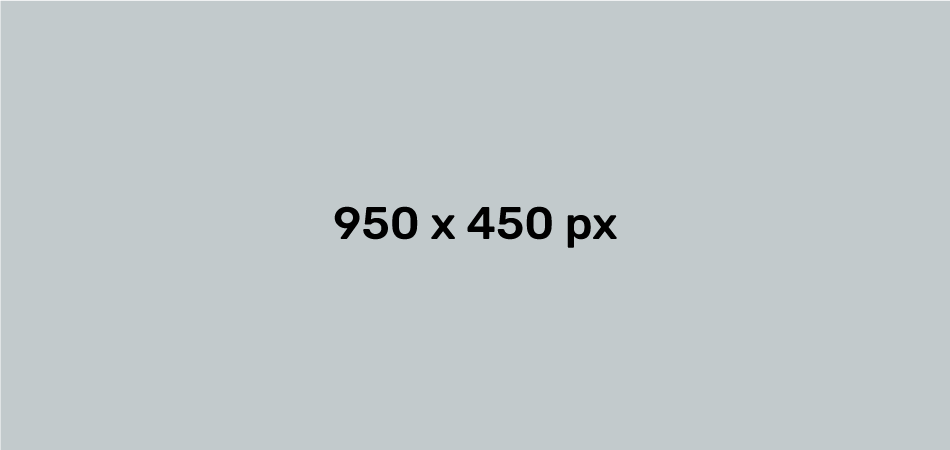Babies need a lot of things and these things add up (both in terms of cost and accumulation). It may feel like it's impossible to bring a baby into the world and live an eco-friendly lifestyle at the same time. If the sheer size of your baby list is already causing panic, perhaps a minimalist, sustainable approach is the right choice for you. Sure, babies need things, but there's almost always a sustainable alternative.
Feeding
Breastfeeding is the lowest-waste form of nutrition there is. If you want to reduce the carbon footprint of your child-rearing, breastfeeding is inexpensive and requires less equipment. However, some equipment is still required in most cases.
Burp cloths
A baby who does a burp could throw up something disgusting, so it's always a good idea to have spit-up wipes on hand. To be kind to the environment, look for wipes made from sustainable material.
Bibs
Surprisingly, eco-friendly baby bibs come in a variety of styles. Bibs made of silicone are easy to wipe clean and won't stain, while bibs made of hemp are especially absorbent and washable. Bibs made of 100 per cent organic cotton or bamboo are also worth considering, as they are reusable and machine washable.
Bottle
If your baby is going to be bottle-fed (or bottle-fed for unforeseen reasons), there are many options for sustainable bottles. Some glass bottles have a silicone adhesive that protects them from breakage and makes them easier to grip. However, if you think glass is out of the question, a stainless steel bottle with a silicone teat could be an alternative for you. Another advantage of stainless steel or glass bottles is that both options are generally non-toxic. Many plastic baby bottles claim to be BPA-free, but plastic leaching is a real health concern, especially for babies.
Baby food
Fortunately, most baby food comes in jars, and since glass can be recycled over and over again, it's one of the most sustainable materials out there. But have you ever thought about preparing your baby's food yourself? It may sound like a lot of time and effort to make something you can buy at the shop, but it's one of the most sustainable practices you can use when raising a child.
Believe it or not, it doesn't take much to make baby food at home. Puree your vegetables and fruit with a blender, make it in bulk and freeze it in a silicone ice cube tray before transferring it to a reusable container.
The nursery
The goal in furnishing an eco-friendly, non-toxic nursery is to either buy big things second-hand or look for sustainably produced materials like 100% organic cotton or organic bamboo. Unfortunately, larger items like sustainably sourced cots come at quite a high price. Whenever possible, you should try to buy things second hand.
Mattress
Natural cot mattresses can also be expensive. Conventional mattresses are made from harmful materials like polyurethane foam, which is full of toxins and chemicals that are harmful to both the planet and our health. Polyurethane is derived from petroleum and is usually combined with flame retardants and other toxic adhesives that together release volatile organic compounds that are known carcinogens.
Nappies
The biggest concern of most zero-wasters in raising sustainable babies relates to diapering. It's a messy, often disgusting business, but conventional disposable nappies are really harmful to our environment and end up in landfill sites where they don't degrade for years. Don't worry - there are other ways to cut down on the wasteful process of changing nappies.
Diaper bag
A diaper bag is one of the must-haves for babies that you might want to buy second-hand. If you have an old bag or rucksack lying around, that's no problem either! Diaper bags don't last very long - once your kids grow up, you won't need them anymore. So if you want to save money on baby items, reusing an old bag is a good alternative. If you'd rather buy a new bag, opt for linen or cotton.
Nappy balm
There are lots of baby bum pastes on the market, but they usually come in plastic packaging. Coconut oil is a natural alternative to nappy balm and usually comes in glass containers.
Bathing
Many baby items for the bath are plastic. BPA-free or not, there are so many ways to save plastic when bathing. For one thing, you really don't need much to bathe baby: just some gentle soap, towels and clothes, and nail scissors to keep baby's nails in order. A plastic tub for the baby is great if you want one, but it's also unnecessary if you have a sink and a partner to help out.
Toys
It may seem that baby toys are all plastic these days, but that's not the case. You just need to know where to buy them. Non-toxic, eco-friendly toys can be made from wood, 100% organic cotton, 100% rubber, wool and much more.
Clothes
Buying second-hand clothes is always a good option to extend the life of baby clothes. Ask around your family and friends if anyone has a bag of baby clothes they want to get rid of. When buying new baby clothes, make sure you choose 100% natural fibres such as eucalyptus fibres, beechwood fibres and organic cotton, as well as clothes that have been produced in a fair and environmentally friendly way. Try to avoid synthetic fibres and dyes that are not plant-based.
LINK: https://www.greenmatters.com/parenting/2019/02/07/_kcewP6fj/sustainable-babies-101
